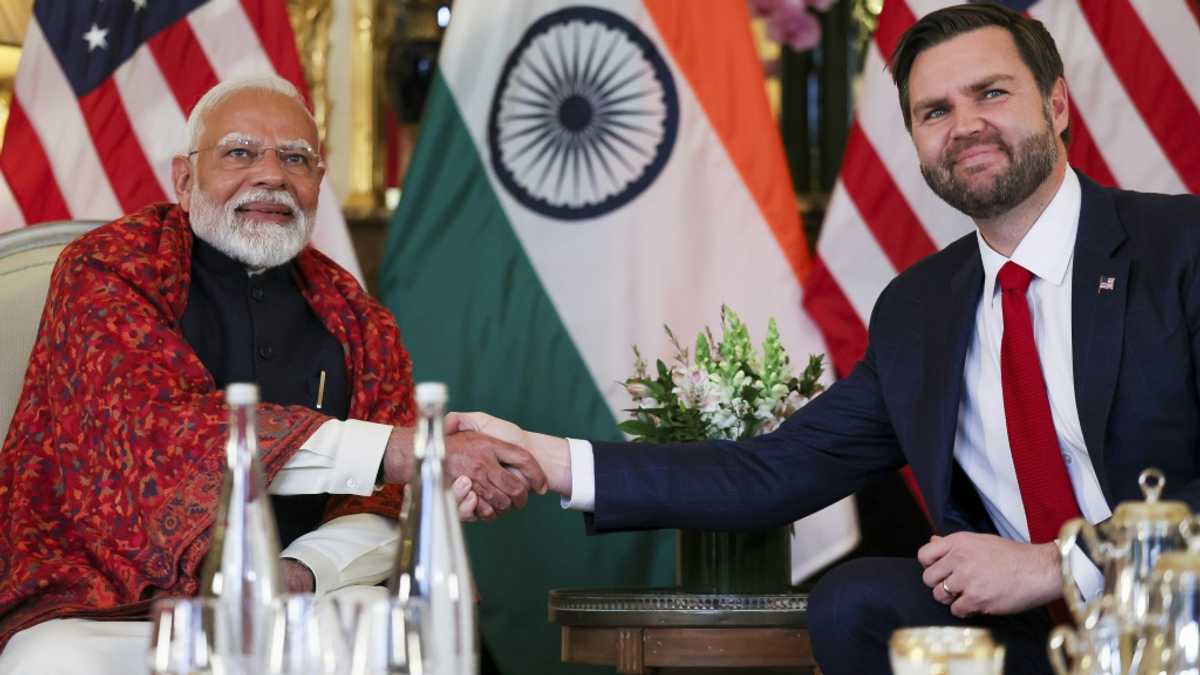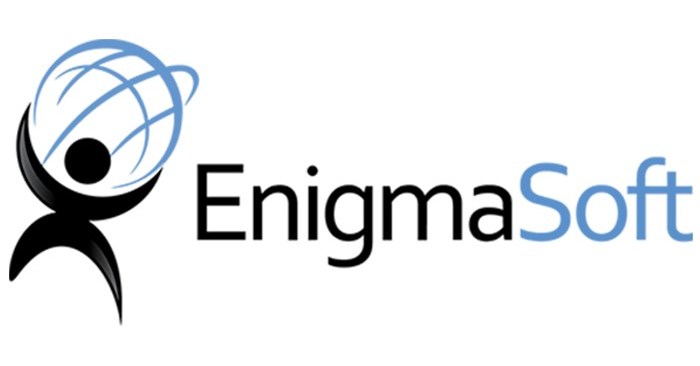WHO Member States calls for the regulation of Digital marketing of baby foods
10th February 2025
In the face of the budgetary crisis following the USA withdrawal from WHO, the 156th WHO Executive Board Today recommended forwarding a Draft Resolution on Regulating the digital marketing of breast-milk substitutes.
The draft Resolution, led by Brazil and Mexico, is proposed by 21 Member States. (1) After numerous consultations with Member States, Brazil disseminated the final draft text to all Member States on the 7th February. A ‘silence procedure’ followed, running to 6:00 pm on Saturday 8th. Since no Member State raised objections during this time the text is now considered to be a consensus amongst all Member States.
Dr Marina Rea, speaking for IBFAN, the global network that worked alongside WHO for nearly 50 years (2) welcomed the draft Resolution and urged all to support it. “Mothers are being bombarded by misleading marketing online. In one click health authority advice is disregarded with long-term consequences for child health and survival.” Stressing that there is no need for significant resources to enforce this Resolution, she urged governments to “allocate specific legal duties to the social media platforms and service providers who have control over their content. However it is urgent that Governments adopt this Resolution (3) and follow the WHO Guidance.”
The costs of all the proposed Resolutions were considered together before the decision taken Today. The debate on its formal adoption will take place in the 78th World Health Assembly in May.
(1) Armenia, Bangladesh, Brazil, Burkina Faso, Chile, Colombia, Dominican Republic, El Salvador, Guatemala, Iraq, Lesotho, Mexico, Norway, Panama, Paraguay, Peru, Slovakia, Spain, Sri Lanka, Uruguay and Vanuatu.
(2) IBFAN, has been a critical friend of WHO for 47 years, and was key to the adoption of the world’s first consumer protection tool – a Code of Marketing and 20 Resolutions that are in law – to some extent – in 144 countries. Dr Rea made a statement during the debate on Agenda item 14 Friday on the evening of 7th February on Global Strategy for Women’s Children’s an Adolescent Health. A silence procedure, tacit consent or tacit acceptance procedure “he who is silent is taken to agree”, “silence implies/means consent”) is a way of formally adoptng texts, often, but not exclusively, in an international political context.
(3). The Draft Resolution contains many important paragraphs, which if finally adopted at the Assembly in May, can be used by health advocates to protect child health from corporate interference:
(PP5) Emphasizing that protecting, promoting and supporting breastfeeding as well as ensuring the protection of children’s and women’s rights from harmful effects and interference of marketing by breast-milk substitute manufacturers and distributors are both relevant for the implementation of States Parties’ commitments under the United NationsConvention on the Rights of the Child;
(PP7) Recognizing that digital marketing, including influencer marketing, has become the dominant form of marketing in many countries;3 that when not effectively regulated, it leads to harmful impact on public health; and that parents and caregivers in every country of the world are exposed to direct and indirect promotions of breast-milk substitutes;
(PP9) Noting the importance of ensuring that information on infant and young child feeding available to health professionals and consumers is unbiased, objective, evidence- based, free of conflicts of interest and in accordance with WHO recommendations;
(PP12) Reiterating the need for good governance practices that include safeguards against possible conflicts of interest when developing and implementing regulatory measures to regulate the digital marketing of breastmilk substitutes, the need for mandatory regulatory measures as voluntary measures have proven ineffective or insufficient for the implementation of the International Code of Marketing of Breast-milk Substitutes,5 and the importance of ensuring that effective monitoring and enforcement systems are developed to function in a transparent, and independent manner that is free from commercial influence;
CALLS ON Member States,8 in accordance with national context and priorities:(1) to enhance their efforts to develop and strengthen robust regulatory measures to regulate the marketing of breast-milk substitutes and foods for infants and young children, including in digital environments, taking into full consideration the recommendations contained in the Guidance on regulatory measures aimed at restricting digital marketing of breast-milk substitutes;











